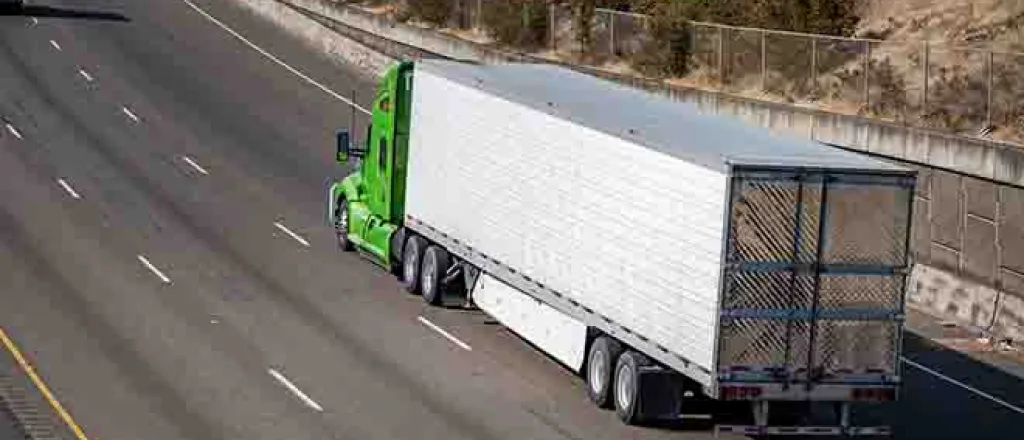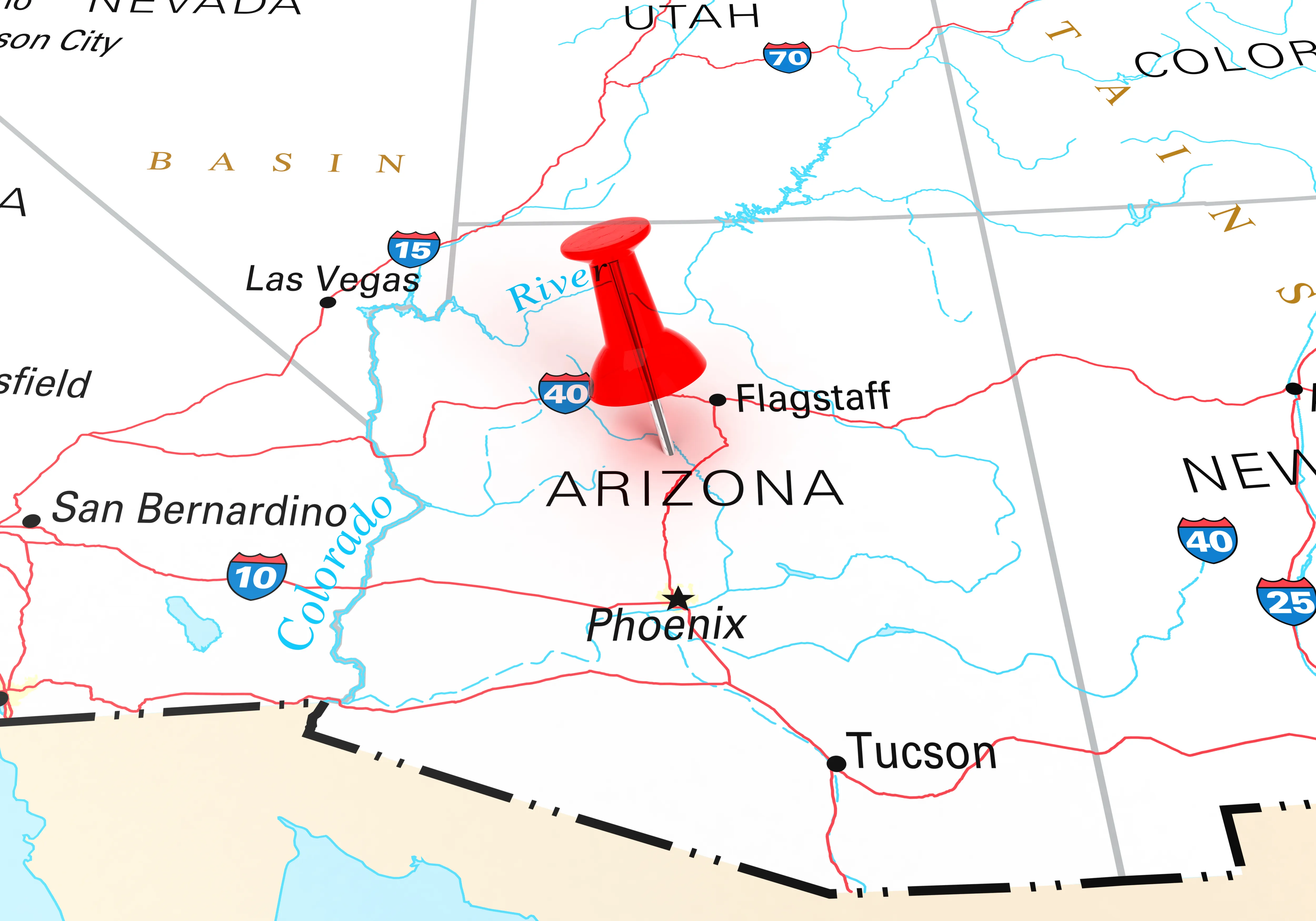
California air regulators to consider phase-out of diesel big rigs
(The Center Square) – California truck drivers and environmental groups presented their concerns about a proposal under consideration by state air regulators to phase out the sale of medium and heavy-duty gas-powered vehicles within the next 20 years.
The California Air Resources Board held its first public hearing this week to receive feedback from the public on the proposal, which the board will likely consider in Spring 2023.
If adopted, all new medium and heavy-duty vehicles sold in the Golden State will be required to be zero-emission by 2040. Additionally, the proposal outlines a phased approach to adding zero-emission vehicles to certain fleets at the state and federal levels.
Under the proposal, half of the vehicles added to state and local government fleets must be zero-emission starting in 2024 and 100% by 2027. Federal fleets and “high priority fleets” – classified as fleets with 50 or more trucks that bring in $50 million or more in annual revenue – can either phase in the use of zero-emission vehicles or begin purchasing all zero-emission vehicles in 2024 and retire vehicles with combustion engines at “the end of their useful life.”
The regulation is part of the state’s overarching goal to reduce greenhouse gas emissions. Transportation accounts for 41% of the state’s emissions inventory, and medium and heavy-duty trucks contribute a quarter of the sector’s emissions, according to CARB. Air regulators said this is a disproportionately high share “considering these vehicles represent only about 1.8 million trucks among the 30 million registered vehicles in the state.”
Earlier this year, California air regulators approved new regulations requiring all cars sold in the state to be zero-emission vehicles by 2035.
Trade groups, trucking companies, public health organizations and environmental groups converged at CARB’s Thursday meeting to express concerns about the latest proposal. Several activists speaking on behalf of environmental groups expressed support for the new rules but wanted additional changes.
Speaking on behalf of the Sierra Club, Ray Pringle urged the board to adopt stricter requirements and move up timelines.
“While CARB’s proposed rule is a good start, it needs to be stronger,” Pringle said.
Several commenters echoed similar sentiments, asking the board to take stronger action through the proposal. Mariela Ruacho, a clean air advocacy manager at the American Lung Association, urged board members to require the sale of 100% zero-emission medium and heavy-duty trucks by 2036 instead of 2040.
"California has the worst air quality in the nation, and transportation emissions are a major contributor, especially for communities close to major trucking routes," Ruacho said.
Members of the trucking industry expressed concerns about the infrastructure needed to implement the board’s proposal and questioned the strength of the state’s electric grid to handle demands. The California Energy Commission has estimated that 157,000 chargers are necessary by 2030 to support the transition to electrification.
Mike Tunnel, the director of environmental affairs at American Trucking Associations, told the board that his members are “at the forefront of evaluating how to successfully deploy the zero emission technologies.” He said at this point, trucking fleets are “unanimous in their belief that zero-emission trucks are not capable of doing what the regulation requires, and the infrastructure cannot be established in the timeframe given.”
Chris Shimoda, senior vice president of government affairs at the California Trucking Association, told board members that the charging infrastructure necessary to implement the proposal will require 65 to 160 megawatts, “enough capacity to power a small city.”
“Board members, the trucking industry is not opposed to zero emission technology. Our members want to get there, but we have a lot of work to do,” Shimoda said.
Hannon Rasool, director of the California Energy Commission’s Fuels and Transportation Division, told board members on Thursday that the state is “mindful of the need to ensure the grid is prepared” for zero-emission vehicles and is “very actively planning to support the market.”
The Air Resources Board is expected to hold a second public hearing on the proposal before taking a vote in the spring.
















